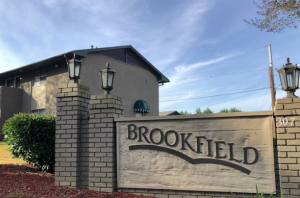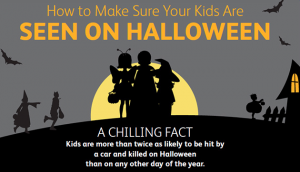
(AJC)
Georgia apartment residents have a right to feel safe and secure in their own homes. Yet, while home owners can implement any security precaution they deem necessary to protect themselves and their families, apartment tenants are largely at the mercy of their property owner and management company to deter crime. Security measures may include gated-entry, fencing, monitored surveillance cameras, off-duty police patrols, private security personnel, bright lighting, and background checks for both tenants and employees. Sadly, such precautions are all too often neglected to limit financial exposure. This inaction and greed can have devastating consequences.
According to The AJC, the “Brookfield Apartments on Washington Road may be one of the smaller complexes in East Point, but for three years, it had the most 9-1-1 calls….Criminal trespasses, burglary, stolen cars, shots fried, robbery. It ran the gamut,” East Point City Solicitor Antavius Weems told media. “Managers rented out rooms under the table and may have participated in some of the crime, [Weems] said. Police found violent gang members and other wanted criminals living at or frequenting the apartments.” In November 2018, following “days of court testimony, three court orders, and at least tens of thousands of dollars in attorneys expenses” a judge finally ordered “the owners of East Point’s Brookfield Apartments to make it a safer place to live.”
Victims of East Point Apartment Assault or Injury: What Are My Legal Options for Justice and Compensation?
By law, Georgia apartment complex owners have a duty to protect tenants and guests from any foreseeable harm. Should a property owner fail in this critical responsibility, they may be held civilly liable for any injuries, sexual assaults, or wrongful deaths suffered as a consequence. Compensation may be in the tens of millions of dollars. As each case and property is unique, victims of apartment crime should speak with an experienced security negligence firm as soon as possible to ensure all evidence, such as surveillance footage or broken lighting, is preserved and their best interests are protected.
Can I Afford an Attorney?
Our Clients frequently come in concerned that they won’t be able to afford legal help. We believe everyone has a right to exceptional legal service. We represent our Clients on a contingency agreement, which generally means that no fees or payments are owed until and unless we recover. This means our interests are always tied to that of our Clients. Be sure to ask any potential personal injury attorney about their fee schedule and whether they represent Clientele on a contingency basis before signing a contract.
 Georgia Legal Report
Georgia Legal Report



